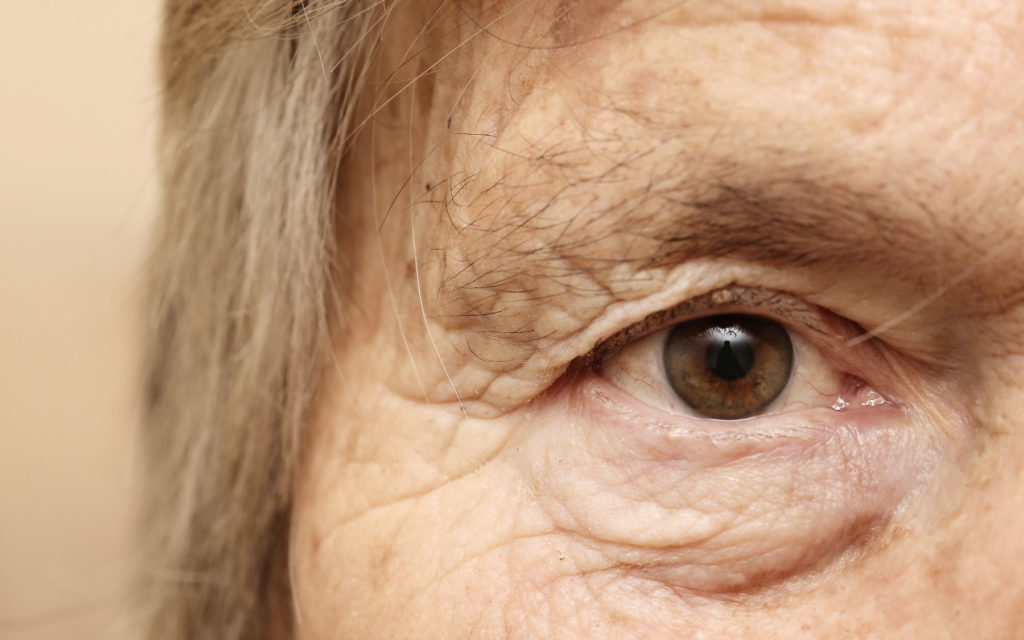Glaucoma is a leading cause of irreversible blindness, often referred to as the “silent thief of sight” because it develops gradually without noticeable symptoms. Many people with this condition remain unaware until significant vision loss occurs. By then, the damage to the optic nerve is often irreversible.
The good news is that early detection and timely treatment can significantly reduce the risk of glaucoma-related vision loss. Here’s why identifying this condition early is crucial and how proactive eye care can safeguard your sight.
What Is glaucoma?
Glaucoma refers to a group of eye diseases that damage the optic nerve, which is vital for transmitting visual information to the brain. The most common type, primary open-angle glaucoma, progresses slowly over time and rarely shows symptoms in its early stages. Another form, angle-closure glaucoma, can occur suddenly and requires immediate medical attention.
Without treatment, this condition can cause gradual loss of peripheral vision, eventually leading to blindness. While there is no cure, early diagnosis allows for effective management to slow its progression.
Why early detection is critical
Unlike other eye conditions such as cataracts, where vision can often be restored with surgery, glaucoma causes irreversible damage to the optic nerve. Once vision is lost, it cannot be recovered. Early detection ensures intervention before significant damage occurs, preserving as much vision as possible.
Symptoms are often absent in early stages
Glaucoma typically progresses without noticeable symptoms, especially in its early stages. Peripheral vision deteriorates so gradually that most people don’t realise there’s a problem until the disease is advanced. Routine eye exams can detect glaucoma before you experience noticeable vision loss.
Effective treatments are most beneficial early on
Treatment for glaucoma focuses on lowering intraocular pressure (IOP), which is a major risk factor for optic nerve damage. Medications, laser therapies, and surgical interventions are more effective when started early, preventing further vision loss. Delayed treatment limits their effectiveness.
Reduces the need for complex interventions
If this condition is left untreated and progresses to an advanced stage, more invasive and high-risk treatments may be necessary. Early diagnosis allows for simpler, less invasive management options, reducing the likelihood of complications.
Protects long-term quality of life
Good vision is essential for independence and daily functioning. By detecting this condition early, you can take steps to protect your sight, ensuring you maintain the ability to work, drive, and enjoy life without vision-related limitations.
Steps to detect glaucoma early
Regular eye exams
Routine comprehensive eye exams are the most reliable way to catch this condition in its early stages. These exams include:
- Measuring intraocular pressure.
- Assessing the optic nerve for signs of damage.
- Visual field testing to detect peripheral vision changes.
If you’re over 40 or have risk factors, such as a family history of glaucoma, your eye doctor may recommend more frequent screenings.
Know your risk factors
Certain factors increase the likelihood of developing this condition, including:
- Being over 60 years old.
- A family history of glaucoma.
- High intraocular pressure.
- Pre-existing conditions like diabetes or high blood pressure.
- Near-sightedness or farsightedness.
Awareness of these risks can prompt you to prioritise regular check-ups.
Preventing vision loss with proactive care
Glaucoma-related vision loss is largely preventable when the condition is detected and treated early. Most patients can manage glaucoma effectively through medications, laser therapies, or minimally invasive surgeries. Regular monitoring ensures the condition remains under control and prevents further damage.
Early detection is the cornerstone of glaucoma prevention. Regular eye exams, especially for those at higher risk, are crucial in catching the condition before it causes irreversible damage. With timely diagnosis and treatment, you can effectively manage glaucoma and preserve your vision for years to come.
Don’t wait for symptoms to appear, schedule your next eye exam today. By taking proactive steps, you can protect your eyes from the “silent thief of sight” and ensure a brighter, clearer future.
Book your consultation with HSEH today.





0 Comments